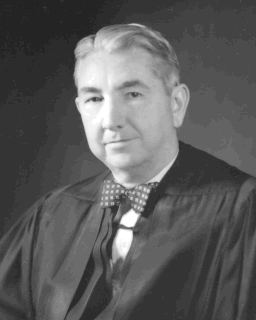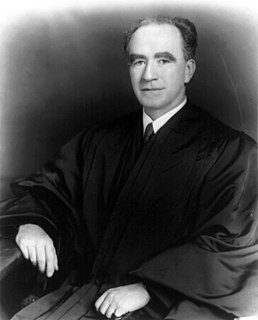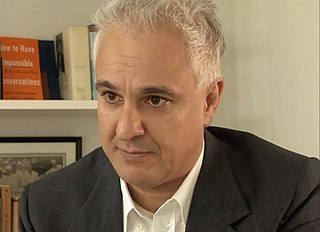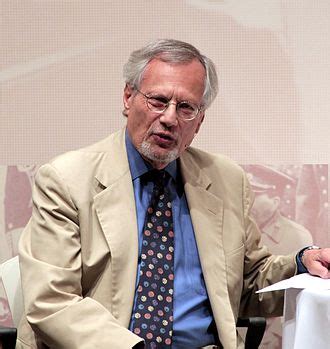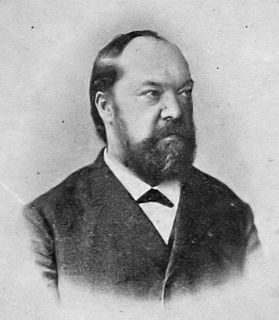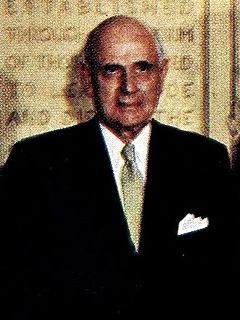A Quote by Tom C. Clark
From the standpoint of freedom of speech and the press, it is enough to point out that the state has no legitimate interest in protecting any or all religions from views distasteful to them... It is not the business of government to suppress real or imagined attacks upon a particular religious doctrine.
Related Quotes
Liberalism is a creation of the seventeenth century, fathered by British philosopher John Locke (1632-1704). For Locke, liberalism means limited government, the rule of law, due process, liberty, freedom of religion, freedom of speech, freedom of the press, freedom of assembly, separation of church and state, and separation of government powers into branches that oversee each other's authority.
I thought that one of the things that we were losing sight of is the basic reasons that we do protect free speech and freedom of the press and the essentiality and centrality in our lives of really giving broad protection to freedom of speech and freedom of the press in America. I thought I could do that by telling stories of some of the cases that established those principles on a real life on the ground basis.
We can learn from this history that when the Department of Justice, the FBI, the DEA, and the state and local police and prosecutors were combined in a task force directed by and at the mafia, when they looked at the mafia and really went after them, they were able to get great, great successes and prosecutions out of them in seizing their business interest, in a lot of things; including their business interest, taking them away, and removing their infiltration from legitimate areas of society.
I dont see we can have a separation of church and state in this government if you have to pass a religious test to get in this government. And I want to warn everyone in the press and all the voters out there: if you demand expressions of religious faith from politicians, you are just begging to be lied to. They wont all lie to you but a lot of them will. And itll be the easiest lie they ever had to tell to get your votes. So every day till the end of this campaign, Ill answer any question anyone has on government, but if you have a question on religion, please, go to church.
Why should freedom of speech and freedom of press be allowed? Why should a government which is doing what it believes to be right allow itself to be criticized? It would not allow opposition by lethal weapons. Ideas are much more fatal things than guns. Why should any man be allowed to buy a printing press and disseminate pernicious opinions calculated to embarrass the government?
Way down deep the American people are afraid of an entangling relationship between formal religions - or whole bodies of religious belief - and government. Apart from constitutional law and religious doctrine, there is a sense that tells us it's wrong to presume to speak for God or to claim God's sanction of our particular legislation and his rejection of all other positions. Most of us are offended when we see religion being trivialized by its appearance in political throw-away pamphlets.
What is the use of freedom of the press if the government is in possession of all the printing presses, what does freedom of assembly avail if all the meeting places belong to the government? In a society in which there is no more personal and economic freedom, even the freest form of the state cannot make political independence possible.
